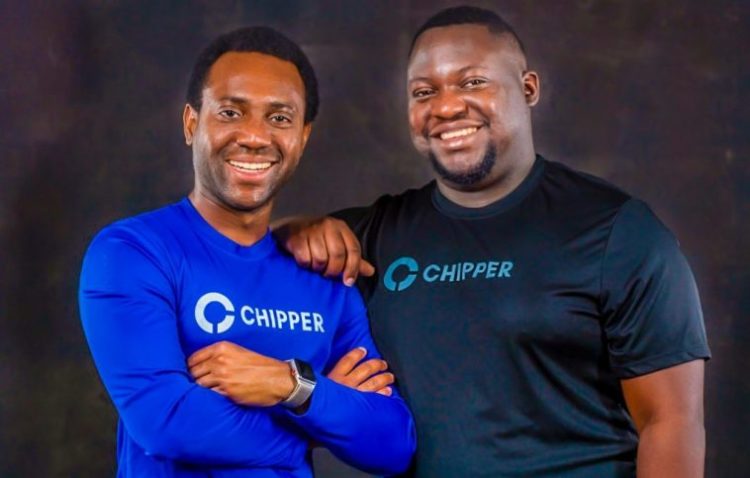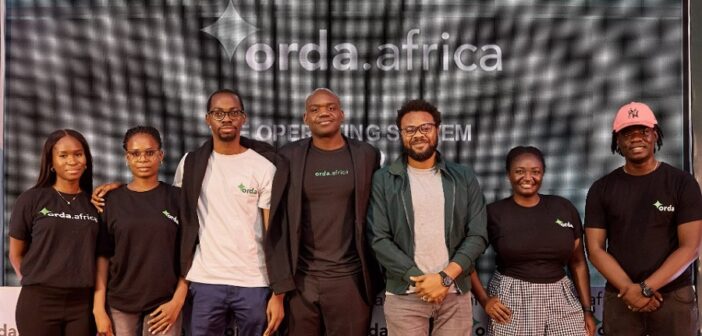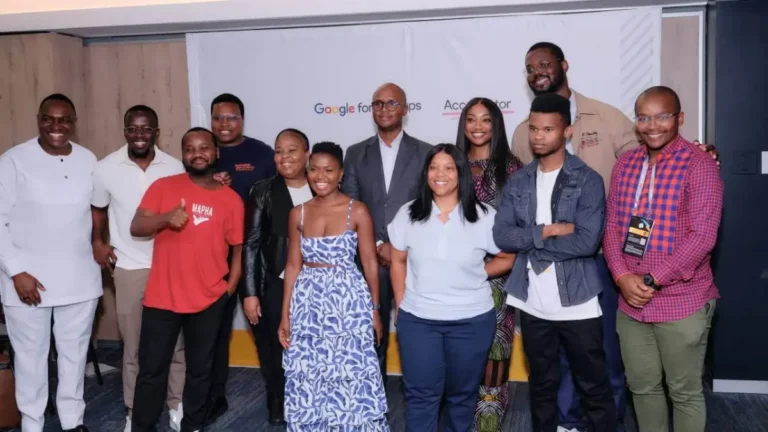What 377 Y Combinator pitches will teach you about startups

What 377 Y Combinator pitches will teach you about startups
Written by Natasha Mascarenhas
Along with a cadre of other TechCrunch folks, I spent this week extremely focused on one event: Y Combinator. The elite accelerator announced a staggering 377 startups as its Summer 2021 cohort. We covered every single on-the-record startup that presented and plucked out some favorites:
- Here are all the companies from Y Combinator’s Summer 2021 Demo Day, Part 1
- Here are all the companies from Day 2 of Y Combinator’s Summer 2021 Demo Day
- Our favorite startups from YC’s Summer 21 Demo Day, Part 1
- Our favorite startups from YC’s Summer 21 Demo Day, Part 2
There’s something quite earnest and magical about spending literally hours hearing founder after founder pitch their ideas, with one minute, a single slide and a whole lot of optimism. It’s why I like covering demo days: I get tunnel vision into where innovation is going next, what behemoths are ripe for disruption and what founders think is a witty competitive edge versus a simple baseline.
That said, I will share one caveat. While YC is an ambitious snapshot, it’s not entirely illustrative of the next wave of decision-makers and leaders within startups — from a diversity perspective. The accelerator posted small gains in the number of women and LatinX founders in its batch, but dropped in the number of Black founders participating. The need for more diverse accelerators has never been more obvious, and as some in the tech community argue, is Y Combinator’s biggest blind spot.
This in mind, I want to leave you with a few takeaways I had after listening to hundreds of pitches. Here’s what 377 Y Combinator pitches taught me about startups:
- Instacart walked so YC startups could stroll. Instacart, last valued at $39 billion, is one of Y Combinator’s most successful graduates — which makes it even more spicier that a number of startups within this summer’s batch want to take on the behemoth. Instead of going after the obvious — speed — startups are looking to enhance the grocery delivery experience through premium produce, local recipes and even ugly vegetables. It suggests that there may be a new chapter in grocery delivery, one in which ease isn’t the only competitive advantage.
- Crypto’s pre-seed world is quieter than fintech. YC feels more like a fintech accelerator than ever before, but when it comes to crypto, there weren’t as many moonshots as I’d expect. We discussed this a bit in the Equity podcast, but if anyone has theories as to why, I’m game to hear ‘em.
- Edtech wants to disrupt artsy subjects. It’s common to see edtech founders flock to subjects like science and mathematics when it comes to disruption. Why? Well, from a pure pedagogical perspective, it’s easier to scale a service that answers questions that only have one right answer. While math may fit into a box that works for a tech-powered AI tutoring bot, arts, on the other hand, may require a little bit more human touch. This is why I was excited to see a number of edtech startups, from Spark Studio to Litnerd, focusing on humanities in their pitches. As shocking as it sounds, to rethink how a bookclub is read is definitely a refreshing milestone for edtech.
- Sometimes, the best pitch is no pitch at all. One pitch stood out simply because it addressed the elephant in the room: We’re all stressed. Jupe sells glamping-in-a-box and the profitable business likely benefited from COVID-19. I remember that because the founder used a portion of his pitch to tell investors to breathe, because it’s been a long two days. Being human, and more importantly, speaking like one, is what it takes to stand out these days.







